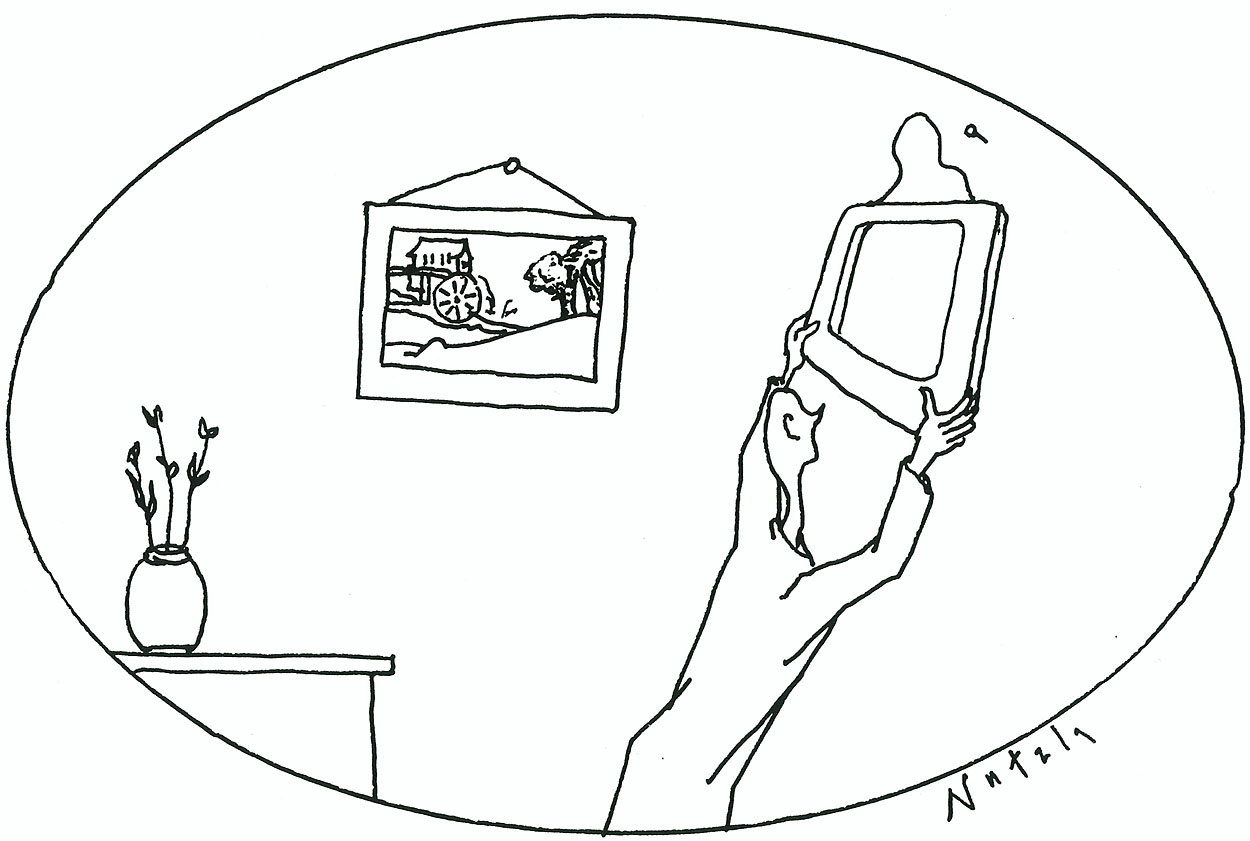Given the obsession with economic inequality, you might think it's the main force squeezing the middle class. It isn't.
We have this not from some right-wing think tank but from President Barack Obama's top economists. The bigger culprit, they show, is the slow growth of productivity — that messy process by which the economy improves efficiency and living standards. Greater inequality is a distant second in assaulting middle-class incomes.
So concludes the annual report of the White House Council of Economic Advisers. The CEA, as it's known, performed a fascinating "what if" exercise. Assume that the most favorable post-World War II trends had continued: Productivity maintained its rapid growth of the 1950s and 1960s; inequality stayed at lower levels; and labor-force participation didn't drop. What happens then to middle-class incomes?



















With your current subscription plan you can comment on stories. However, before writing your first comment, please create a display name in the Profile section of your subscriber account page.